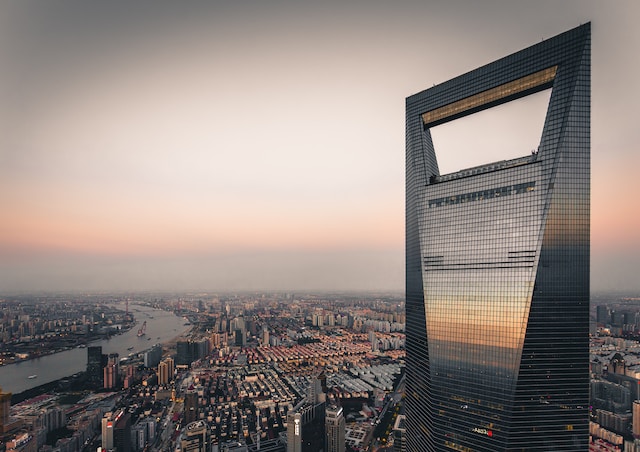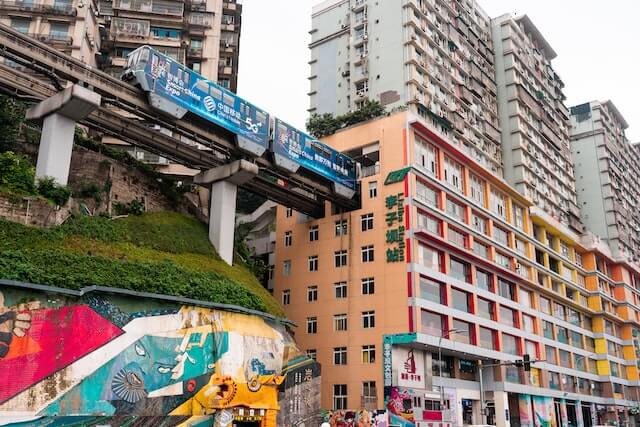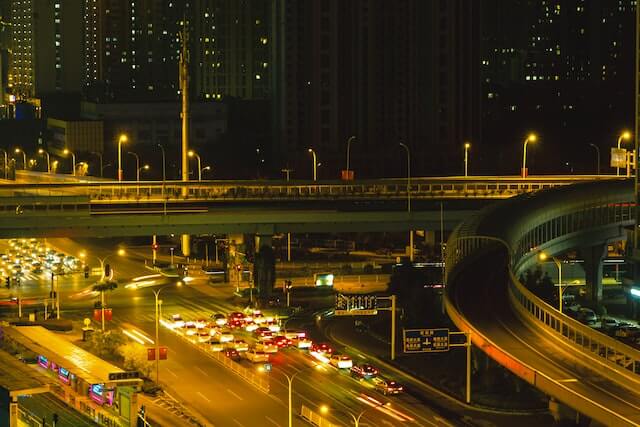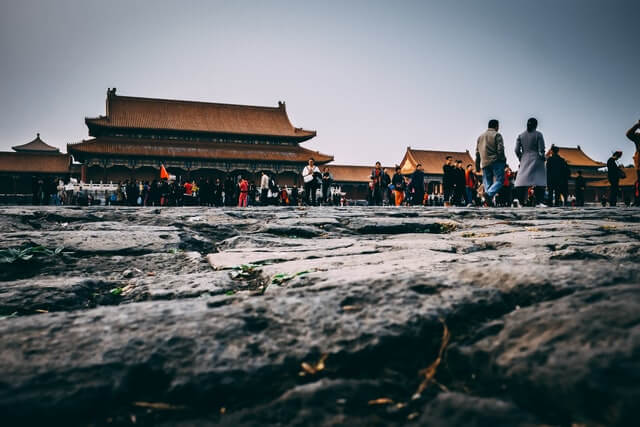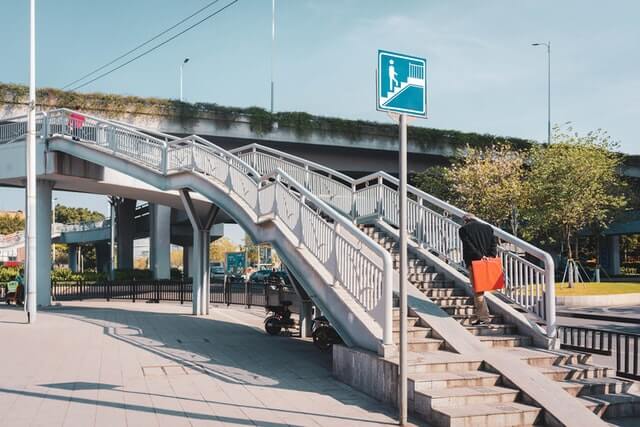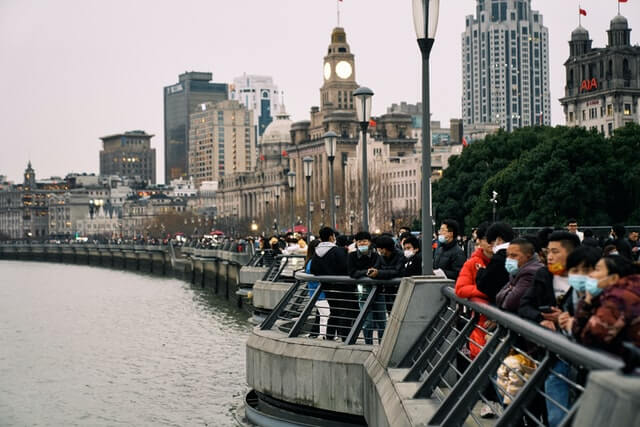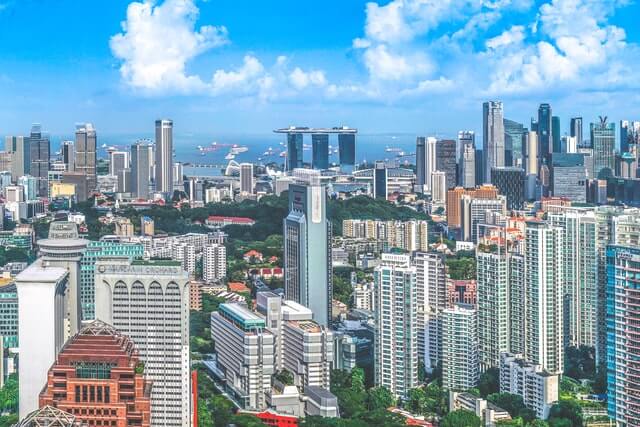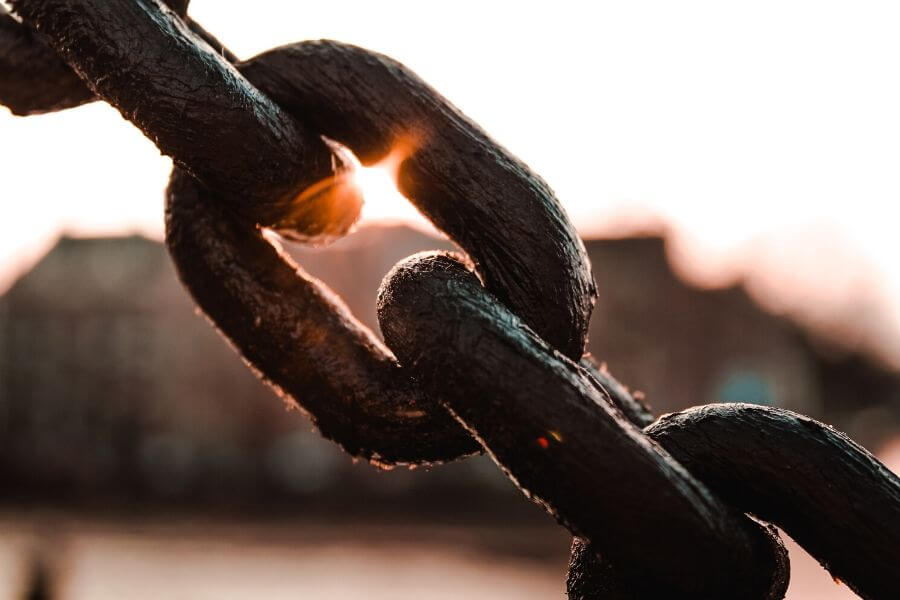
Will a foreigner be restricted by Chinese courts from high-level consumption? What will happen if so?
There are six things you need to know about.
Related Posts:
- 7 Tips on China’s High-level Consumption Restrictions
- 7 Tips on the List of Dishonest Judgment Debtors in Chinese Courts
- How Does China’s System of Dishonest Judgment Debtors Operate?
- Scam Alert: Another Fake Record of Chinese Courts' High-level Consumption Restrictions?
- Restriction on High-level Consumption in China: Six Things You Need to Know
I. What is the restriction on high-level consumption?
Restriction on high-level consumption refers to the restriction from high-level consumption and relevant consumption not necessary for livelihood or business operation imposed by Chinese courts on judgment debtors when they fail to satisfy court judgments. These restrictions include: [1]
(1) Travel by airplane;
(2) Choose soft berth (yet hard seat or hard berth is allowed) when traveling by ordinary train;
(3) Travel by G-series trains (i.e. the high-speed railway) and the first-class seats and above of other D-series trains (yet the second-class seat is allowed);
(4) Choose a second class or better cabin when traveling by ship;
(5) High-level consumption in star-rated hotels, nightclubs, golf courses, and other places;
(6) Purchase real estate or build, expand or luxuriously decorate houses;
(7) Lease high-end office buildings, hotels, apartments, or other places for business operation;
(8) Purchase vehicles not necessary for business operation;
(9) Take a vacation;
(10) Send his or her children to high-cost private schools;
(11) Pay high premiums for insurance and/or wealth management products;
(12) Other consumption not necessary for livelihood and work.
II. Who will be restricted from high-level consumption?
If a notification of execution is issued to you by the Chinese court, requiring you to fulfill the payment obligation specified in an effective legal instrument within a specified period and you fail to do so, then the court may order to impose high-level consumption restrictions on you.
The aforementioned effective legal instruments usually include judgments rendered by Chinese courts and punishment decisions made by Chinese administrative departments.
That is to say, only when you are involved in a lawsuit in China or punished by Chinese authorities will you be restricted from high-level consumption. In addition, if you are involved in a lawsuit in a foreign country and the Chinese court recognize the foreign judgment, you may also be subject to high-level consumption restrictions.
In every process of litigation and administrative punishment, you will get certain kind of notification, such as to participate in the corresponding procedures or make a defense. Therefore, usually, you will not be restricted from high-level consumption by Chinese courts without being notified. Of course, it does not rule out the possibility that the Chinese court or government might have inaccurate contact information, it fails to inform you of the same, and hence a default judgment or punishment decision is made.
The Supreme People’s Court (SPC) of China provides online inquiries on “China Enforcement Information Online” (http://zxgk.court.gov.cn/xgl/), where everyone can check whether they are restricted from high-level consumption. However, unfortunately, at present, only Chinese names and Chinese identity card numbers can be used for inquiries. That is to say, foreigners holding foreign passports are not able to do so.
III. Will I be affected if my company gets involved in lawsuits or administrative penalties in China?
Companies can be restricted from high-level consumption as well. If you are the company’s legal representative, the person in charge, the person directly responsible for the performance of debt, or the actual controller, then you may also be restricted from high-level consumption.
IV. Will I be restricted from taking an airplane in China?
Apart from a court order on high-level consumption, you may be restricted from taking an airplane due to other reasons, as shown in the following circumstances: [2]
1. You are included in the List of Dishonest Judgment Debtors by Chinese courts;
2. You have committed some illegal acts at airports or on airplanes, and you have been punished by the Chinese authorities for administrative penalties or prosecuted for criminal responsibility;
3. You are capable of fulfilling but refuse to fulfill tax-related obligations;
4. You have committed illegal acts in using government funds;
5. You have committed illegal acts as to social insurance;
6. You have committed illegal acts in securities and futures trading
If you are restricted from taking airplanes due to some violations, your restriction will be lifted one year later; if you are restricted because you refuse to fulfill your obligations, the restriction will be lifted only after you have fulfilled your obligations.
V. If I am restricted from high-level consumption, will it affect my arrival in China or transfer in China by air?
Gao Jun (高俊), Yang Lei (楊雷) and Zhou Yangjie (周楊潔), three lawyers from Beijing Zhong Lun Law Firm, investigated how restrictions on high-level consumption would affect travel by air. [3]According to their investigation, if you are restricted from high-level consumption, you will encounter the following situations:
(1) Flying within China and from China to overseas
If you purchase a flight ticket in China, the system of the airline will pop up the relevant prompt, stating the inability to generate a ticket order or print out a ticket.
Even if the airline can print out tickets successfully, you may still fail to pass airport security or border inspection.
(2) Flying outside China and from overseas to China
If you are already outside China when you are restricted from high-level consumption, then you can’t purchase tickets for overseas flights or overseas flights to China from China’s airlines at this point. Because domestic airlines are regulated by the Civil Aviation Administration of China (CAAC), which will provide them with a list of restrictions on high-level consumption.
However, if you purchase tickets from foreign airlines for overseas flights or flights from overseas to China, the purchase is likely to be feasible. Because foreign airlines are not yet subject to China’s high-level consumption restriction rules. However, it is still uncertain whether you can pass the border inspection and enter China successfully after your arrival in China. Lawyers from Zhong Lun have consulted the border inspection departments of Beijing and Shanghai airports, and they responded that passengers can enter the country with valid entry permits, but the situation after entry will be depended on the relevant domestic law enforcement authorities.
If you take a flight from a foreign airline and transfer immediately after you fly from abroad to China, then you usually do not need to go through border inspection during the transit period in China. At this point, it is likely that you will not be affected by restrictions on high-level consumption.
VI. How to lift the court’s restriction on high-level consumption
You can lift the restriction by one of the three ways:
1. By fulfilling your obligations in the effective legal instrument;
2. By providing guarantees to the court;
3. The judgment creditor agrees to lift the restriction.
References:
[1] 《最高人民法院關于限制被執行人高消費及有關消費的若干規定》,http://www.court.gov.cn/fabu-xiangqing-15046.html
[2] 《關于在一定期限內適當限制特定嚴重失信人乘坐民用航空器 推動社會信用體系建設的意見》,http://www.chinatax.gov.cn/n810341/n810755/c3359637/content.html
[3] 《關于“限制高消費”的十問十答》,http://www.zhonglun.com/Content/2019/03-13/1412143431.html
Cover Photo by Miltiadis Fragkidis(https://unsplash.com/@_miltiadis_) on Unsplash
Contributors: Xinzhu Li 李欣燭

